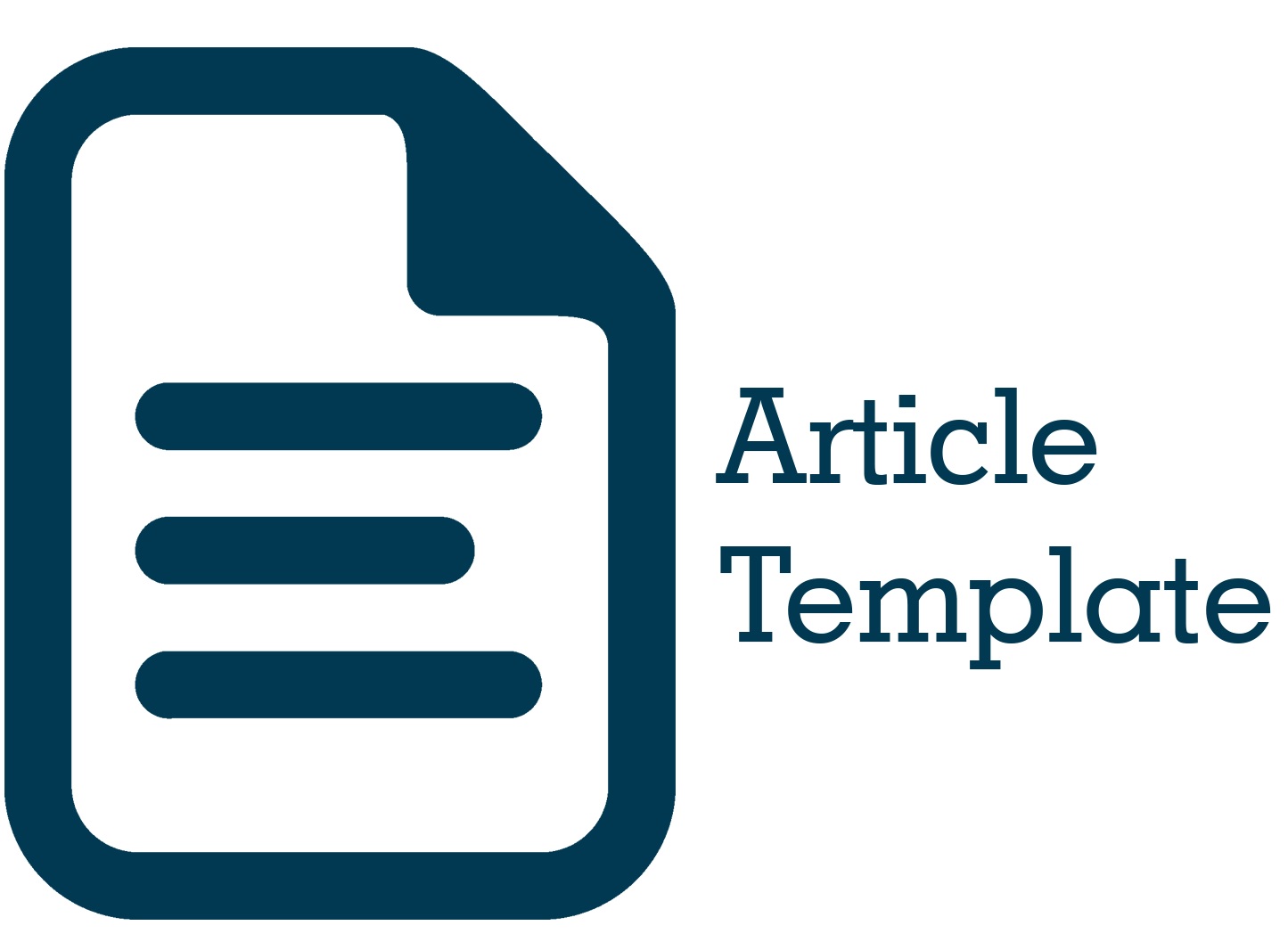Peran Pemerintah Dalam Pengembangan UMKM Lokal Berbasis Crowdfunding
DOI:
https://doi.org/10.51135/PublicPolicy.v5.i1.p336-354Keywords:
Government's Role, UMKM, CrowdfundingAbstract
This research aims to analyze the role of the Cooperative and Small and Medium Enterprises (UMKM) Office of Sidoarjo Regency in supporting the development of crowdfunding-based UMKM. It also seeks to identify the obstacles and challenges faced by UMKM in utilizing crowdfunding as a source of funding, and evaluate the influence of local government regulations and policies on the use of crowdfunding by UMKM. The method employed is qualitative, utilizing descriptive data through interviews, observations, and documentation. The research findings reveal that the Cooperative and Microbusiness Office of Sidoarjo Regency plays a stabilizing role by implementing regulations and strategies for empowering the local economy. As an innovator, the office introduces the concept of crowdfunding and provides training to UMKM to leverage it. Serving as a modernizer and executor, the Cooperative Office actively facilitates collaboration, regulates regulations, and proactively manages all stages of UMKM development programs, including planning, budgeting, implementation, monitoring, and evaluation.
Downloads

Downloads
Published
How to Cite
Issue
Section
License
Authors whose manuscripts are published in the Journal of Public Policy must agree to the following terms;
- Publication rights for all manuscript materials published are held by the editorial board with the author's consent.
- The legal formalities for digital access to the Journal of Public Policy are subject to the Creative Commons Attribution Sharealike (CC BY SA) license, which means the Journal of Public Policy has the right to store, redistribute, reformat, manage in a database, maintain, and publish the manuscript without seeking permission from the author as long as the author's name is included as the copyright owner.
- Published manuscripts are open access for the purpose of disseminating research results. Besides this purpose, the editorial board is not responsible for copyright law violations.


.png)



